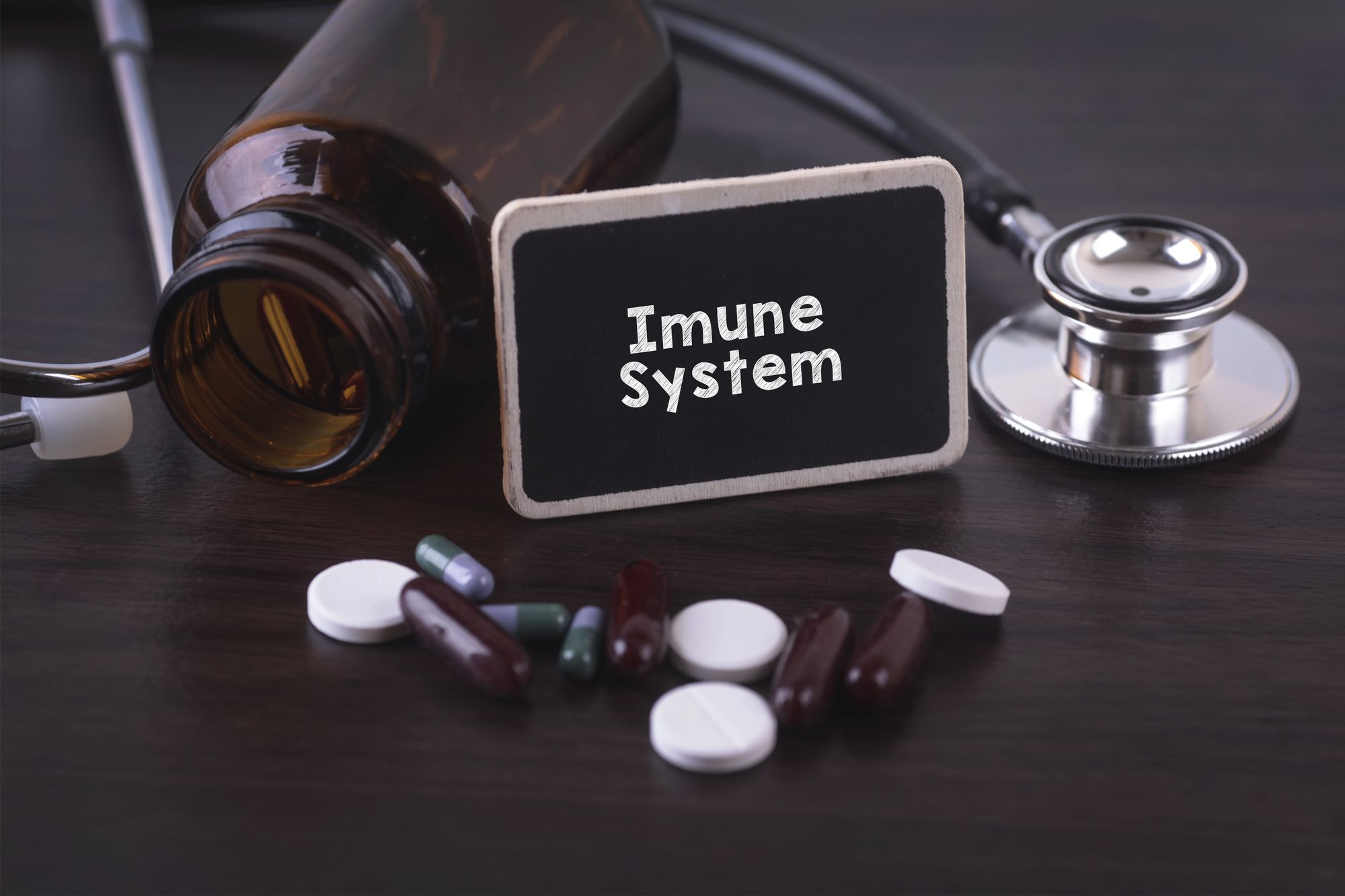While it's widely known that red wine consumption can have certain health benefits such as managing diabetes, reducing inflammation and lowering cholesterol, overindulging in this alcoholic beverage can have serious negative consequences including an increased risk of cancer and heart disease. The question then arises, what effects does consuming just one glass of wine a day have?
Lisa R. Young, Ph.D., RDN, a member of our Medical Expert Board, suggests that drinking less is ideal, and one drink a day is recommended for women and two for men, as per the current Dietary Guidelines. However, it's important to note that even light drinking isn't suitable for everyone and can have potential drawbacks. Despite seeming harmless, regularly consuming just one glass of wine per night can lead to various health complications. In this article, we'll delve into the side effects of drinking one glass of wine every night and how they can impact overall health.
1) The Consumption of Wine May Interfere with Sleep Patterns.

Drinking wine, or any form of alcohol, in the evening may lead to a disruption in sleep. Despite the commonly held belief that alcohol induces drowsiness, this effect is only temporary. According to the Handbook of Clinical Neurology, alcohol can reduce the duration of an individual's REM cycle and result in sleep disturbances throughout the night. Therefore, even if a person believes that a glass of wine will help them fall asleep more quickly and peacefully, it may end up waking them up in the middle of the night.
2) The Effect of Wine on Your Medication

The National Institute on Alcohol Abuse and Alcoholism has identified that alcohol can interact with a variety of medications, such as acetaminophen, antidepressants, anticonvulsants, painkillers, and sedatives, in ways that could be potentially dangerous. Consuming alcohol in conjunction with specific medications can result in adverse side effects such as drowsiness, headaches, nausea, or even fainting. Additionally, alcohol consumption can render antibiotics ineffective, highlighting the importance of thoroughly reading medication labels before indulging in a nightly glass of wine.
3) Wine Consumption Can Elevate the Risk of Breast Cancer

Consuming wine on a daily basis, even in moderate amounts, may elevate the risk of breast cancer, as per a review published in Breast Cancer Research. While heavy drinking, defined as consuming 50 grams of alcohol or more per day, has a more significant impact on the increased risk, the study found that consuming as little as 18 grams of alcohol per day can also contribute to this risk. To put this into perspective, one drink typically contains approximately 14 grams of alcohol, indicating that a daily glass of wine may have more significant health effects than previously thought.
An additional review of 53 epidemiological studies concluded that adding every 10 grams of alcohol per day, which is less than one drink, led to a corresponding 7% increase in the risk of breast cancer for women who did not smoke tobacco.
4) Consuming Wine can Heighten Your Overall Risk of Cancer

While many people may believe that they are not at risk of cancer because they do not smoke, they may be surprised to learn that even light to moderate alcohol consumption can elevate this risk. A 2019 research article highlights that consuming a bottle of wine per week, which is significantly less than a glass of wine per day, can increase a person's lifetime risk of developing cancer by approximately 1% to 1.4%.
5) Wine Consumption Can Result in Accelerated or Irregular Heartbeat

Regular consumption of alcohol, even in small amounts, can increase the risk of experiencing an abnormally fast heartbeat. A study published in EP Europace revealed that individuals who consumed alcohol daily had the highest risk compared to those who drank alcohol once or twice a week. Interestingly, the study also discovered that when it comes to atrial fibrillation or an irregular heartbeat, the frequency of alcohol consumption may be a more significant risk factor than the amount of alcohol consumed. The study indicated that individuals who consumed large amounts of alcohol in one sitting had a lower risk of AF than those who consumed low but frequent amounts of alcohol throughout the week.
However, it's important to note that these findings are not to be taken as encouragement for repeated binge drinking. The CDC warns that binge drinking, which is defined as consuming more than four drinks in a single session for women and five for men, can contribute to heart disease, mental health issues, dementia, and cancer.
6) Wine Consumption Can Increase Your Blood Pressure

Moderate alcohol consumption, which is defined as one glass per day for women and two glasses per day for men, is generally considered acceptable for maintaining heart health. However, increased consumption of alcohol can heighten a person's risk of developing hypertension or high blood pressure. Hypertension is a leading cause of heart failure and kidney disease.
The Mayo Clinic suggests that consuming three or more drinks in a single evening can temporarily elevate an individual's blood pressure levels. In cases of repeated binge drinking, blood pressure levels may remain elevated for an extended period, which can increase the risk of developing hypertension.
7) Wine Consumption Can Result in Various Cardiovascular Complications, including Heart Disease

The World Heart Federation (WHF) recently released a policy brief stating that alcohol consumption has been linked to numerous diseases that impact the cardiovascular system, such as coronary disease, stroke, heart failure, hypertensive heart disease, cardiomyopathy, atrial fibrillation, and aneurysm. The brief concludes that no amount of alcohol is beneficial for the heart, and the risks increase with 100 grams of alcohol per week, which is equivalent to approximately seven drinks, compared to those who consume between zero and 25 grams or about zero to two drinks.
However, the WHF faced a lot of criticism for its black-and-white stance on alcohol consumption, with some experts stating that lighter drinking may help maintain heart health. Emmanuela Gakidou, a professor at the University of Washington's Institute for Health Metrics, said to CNN that based on her work on the Global Burden of Disease Study, the claim made by the WHF is not supported by the available scientific evidence.
This controversy suggests that the impact of alcohol consumption on heart health is still a topic of debate. As such, it's advisable to discuss personal drinking habits with a doctor to determine what's best for an individual's overall health.
8) Wine Consumption Can Have Adverse Effects on Your Liver

According to the Mayo Clinic, the liver creates metabolic enzymes that help in digesting and breaking down toxins like alcohol. However, daily alcohol consumption can place extra stress on the liver. Over time, excessive alcohol consumption may cause liver tissue to become scarred, resulting in fibrosis or leading to alcoholic hepatitis, which is an inflammation of the liver.
A study conducted in February 2022 has revealed that one of the primary ways alcohol impacts the liver is through the mitochondria. As per a news piece about the study from Cedars-Sinai, the liver is abundant in mitochondria, but alcohol can interfere with the mitochondria's functioning, ultimately leading to liver injury.
9) Wine Consumption Can Compromise Your Immune System

Consistent wine consumption can compromise the immune system, increasing an individual's susceptibility to infections, such as colds, flu, or other illnesses. According to a report published in Alcohol Research, alcohol can impact the health of an individual's gut microbiome, as the gastrointestinal (GI) tract is the first place where alcohol is processed. Alcohol can alter the integrity of the GI tract, leading to changes in the gut microbiome, which, in turn, can disrupt the communication between the gut and immune system. Over time, persistent drinking can result in additional challenges and lead to a weakened immune system.
Type of Wine Does Not Affect the Potential Side Effects

After reviewing the potential side effects of wine consumption, one may question whether there is a difference between drinking red or white wine. Many people often consider red wine to be healthier, but according to Young, "Red wine is often considered to be better for you because of the high levels of resveratrol, but you can also get this from red grapes. It's the quantity that really matters more."
When it comes to sugar content, white wine often contains a slightly higher amount. However, both red and white wine still contain sugar, so there is not a significant difference between the two. As Young points out, how often and how much an individual drinks is more critical than whether they choose red or white wine.

